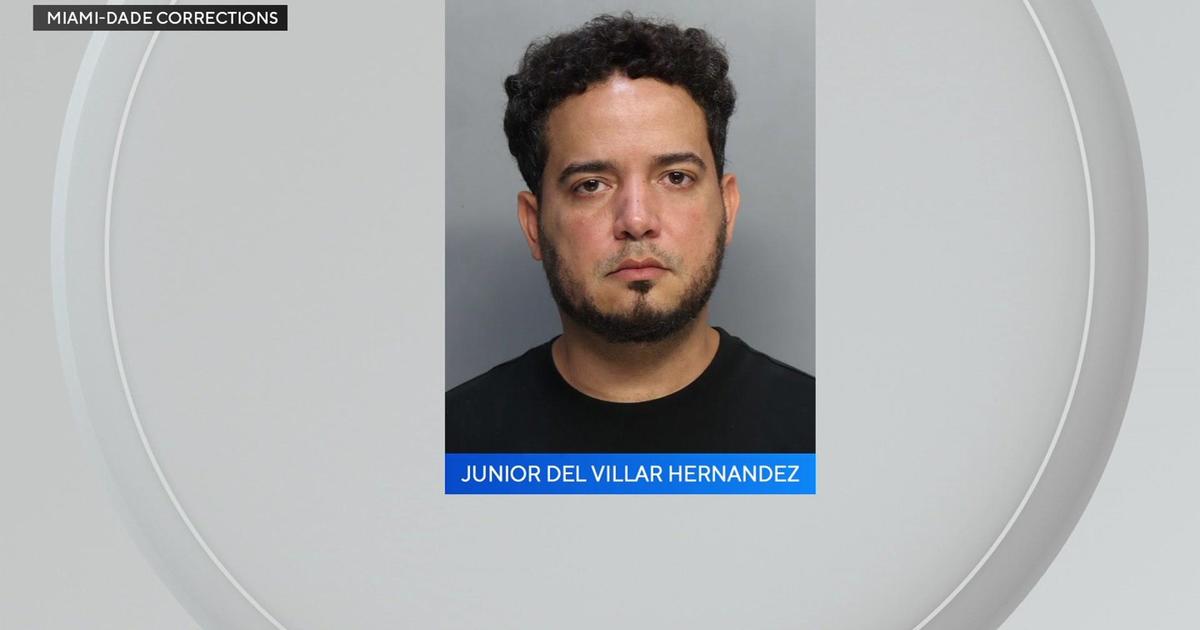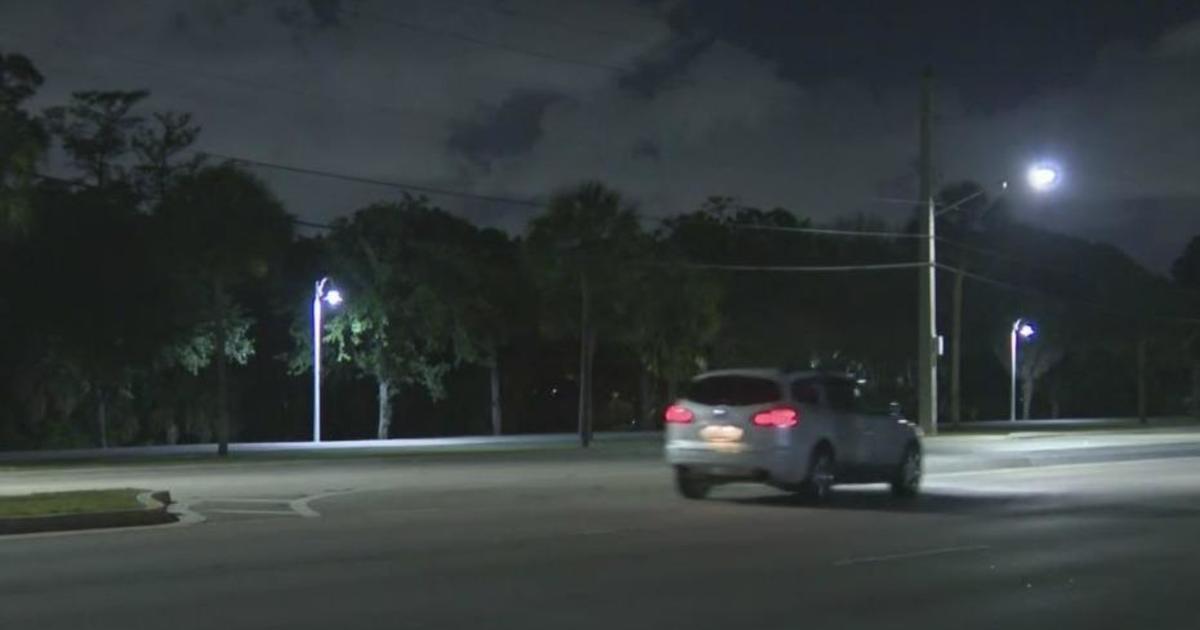Four Men Indicted In Sweepstakes Fraud Scam
Follow CBSMIAMI.COM: Facebook | Twitter
FT LAUDERDALE (CBSMiami) - A prominent Ft. Lauderdale entrepreneur and three other men are accused of running a massive sweepstakes fraud scheme.
On Thursday, 42-year old Matthew Pisoni, along with Marcus Pradel, 39, of Boca Raton, John Leon, 47, of Wilton Manors, and Victor Ramirez, 35, of Aventura, were charged with conspiring to commit mail fraud, conspiring to commit money laundering and money laundering. The maximum statutory penalty for each count in the indictment is twenty years in prison. Ramirez was also charged with conspiring to structure deposits, an offense punishable by up to five years in prison.
Pisoni was reportedly the President of now defunct MailTree Inc. in Ft. Lauderdale. He, a "strategist, consultant, and implementer," as per his LinkedIn profile, is currently listed on LinkedIn as director of the Postsecondary Education Readiness Test (PERT), Florida's common placement test used by all 28 members of the Florida College System. He's also listed as co-founder of Qi Hut, investor/owner of The Archives and president of 2711 accounting.
CLICK HERE To Watch Joan Murray's Report
Pradel was allegedly listed as Vice President and Treasurer of MailTree Inc.
The scheme, according to the unsealed indictment, was fairly straight forward. The four men had letters sent to individuals, many of them elderly, claiming they had won a substantial prize worth millions but there's a catch. They have to pay a processing fee, anywhere from $20 to $50, to redeem the winnings.
The letters were sent to more than a hundred thousand people in the U.S. and abroad.
The letters directed the recipients to pay the redemption fee in cash, or by check or money orders made payable to fictitious companies controlled directly and indirectly by the four men and their co-conspirators, according to the U.S. Attorney's Office.
In some instances, according to federal investigators, the men directed their co-conspirators to deposit the checks into shell companies and laundered that money, and in other instances, the criminal proceeds were laundered through international bank accounts controlled directly and indirectly by the defendants and their co-conspirators.
According to a complaint filed by the Federal Trade Commission (FTC) in a companion case, since at least 2010, the men raked in more than $25 million through the fraudulent sweepstakes operation.



